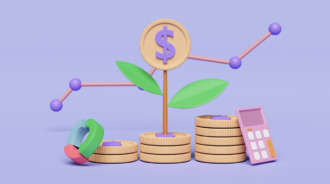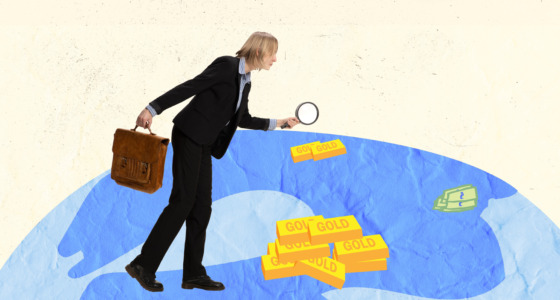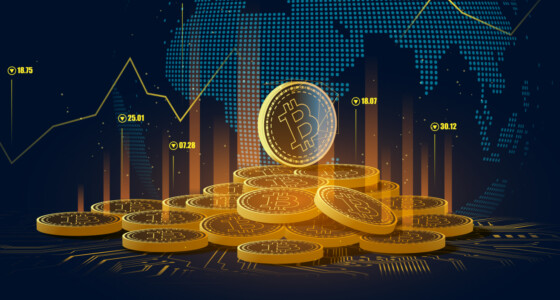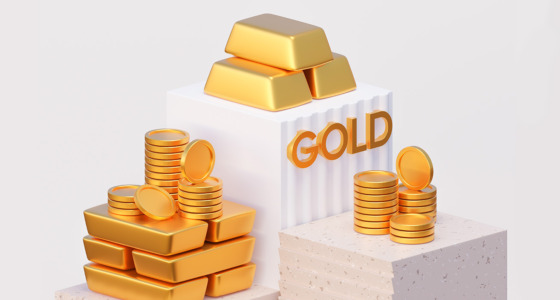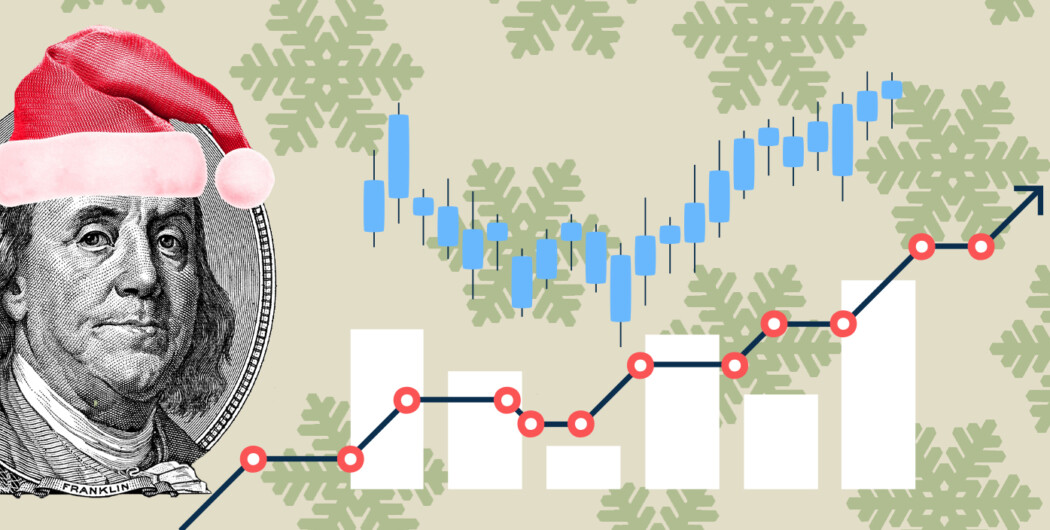

Although countries around the globe celebrate the New Year on different dates, there is a common belief that stocks rally in January. It’s the so-called “January effect” that assumes investors should buy stocks at the very beginning of the month, as stock prices will skyrocket. Read on to find out why the stock market surges in January and whether you should invest in it in the first days of the new year.
January effect explanations
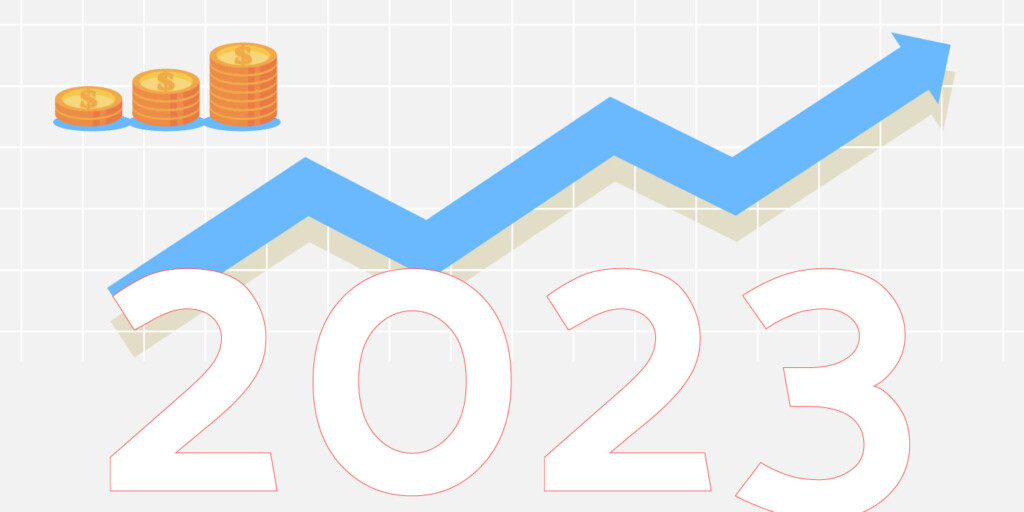
Three theories explain the January stock market rise. However, they should be called into question as, according to statistics, there are over 60 stock exchanges worldwide where thousands of stocks are traded. Is it possible to identify a single trend for all of them?
Psychology
The first theory that tries to explain the January effect is psychology. Almost everyone enters a new year with optimism. People set new goals. One of them is to become prosperous. Although investing isn’t a direct path to fortune, many people consider it a goal-achievement tool. Therefore, large sums enter the market at the beginning of the year, pushing stock prices.
Additional income
Some explain the January stock rally with year-end bonuses that employees receive at the end of the year. Additional capital can be used for investments. Still, this theory is the least real as not all employees have a year-end bonus, and its amount will unlikely push the stock market prices.
Capital gains
Another explanation is a December sell-off caused by a reduction of capital gains. Investors who sell stocks with a profit have to pay capital gains taxes. But if they suffer losses, the amount to be paid is reduced. Therefore, by the end of the year, investors sell some of their stocks to report losses and offset some of their gains. A selling pressure pulls stock prices offering new buying opportunities at the beginning of the following month.
Data evidence
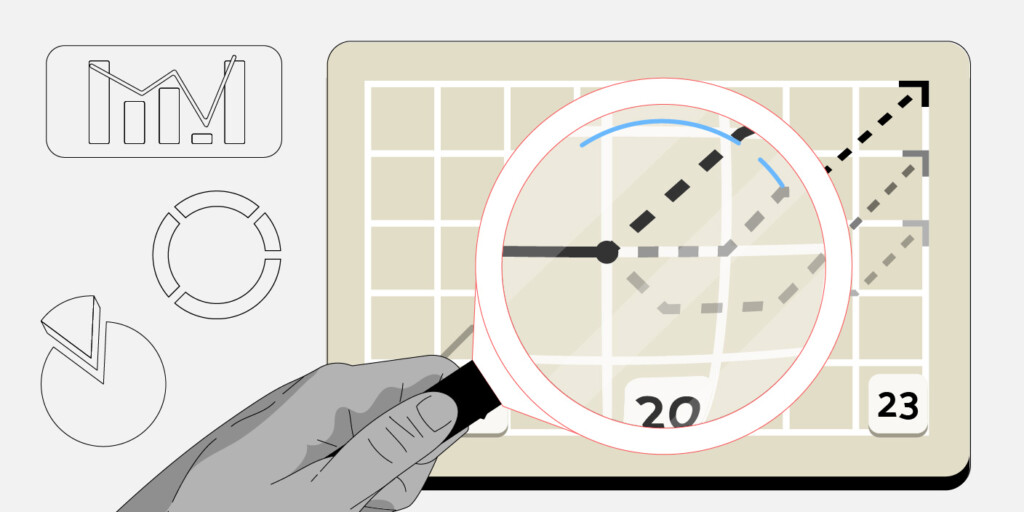
The theory seems reasonable but must be confirmed with actual market data. Dow Jones Industrial Average (DJIA) and the S&P 500 are the major gauges of the American stock market.
The Federal Reserve Bank of St. Louis provided data on the indexes’ performance from 1994 to 2013. According to them, the DJIA increased by 0.3 percent on average, while the S&P 500 increased by 0.5 percent on average.
However, the data showed that DJIA rose by 0.7 percent over other months, while the average increase of the S&P 500 was 0.6 percent.

Does the January effect exist?
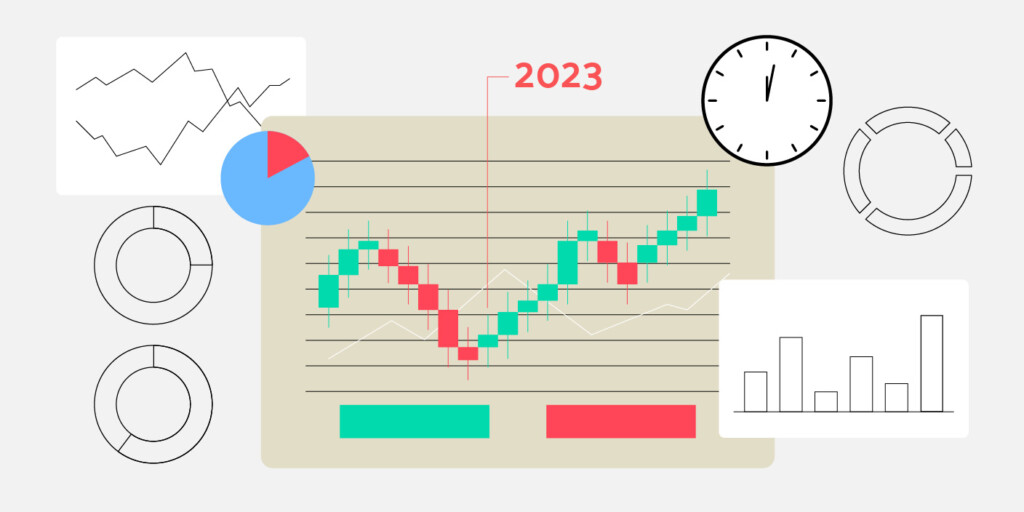
The data shows the January effect is questionable. Still, some analysts claim it exists but affects only stocks of companies with small capitalization as they are subject to lower liquidity.
According to Barron’s magazine, the January effect can be visible on individual stocks if they plunge in December.
Most analysts say that the January effect is a 50/50 chance. And it’s confirmed by other data. In 2017, the DJIA crossed the 20,000 mark for the first time in its history. However, a year before, in 2016, the index fell by around 5.5 percent in January.
Final thoughts
Skeptics point out that the effect’s awareness among investors made it inefficient. Almost every trader knows the stock market will rise in January. Therefore, they start buying stocks in December, pushing their prices much earlier. However, the chance the market will increase in January is higher than the chance it will fall.
Your decision should be based not on theories but on your needs, financial opportunities, and comprehensive market analysis. The theory considers the overall market, but some stocks don’t follow the tendency. If you believe stocks of a particular company won’t rise in January, don’t follow the January effect and stick to your strategy.
Sources:
https://www.investopedia.com/terms/j/januaryeffect.asp, Investopedia
https://www.forbes.com/sites/qai/2022/01/14/the-january-effect-fact-or-fiction/?sh=5bba82b57924, Forbes
